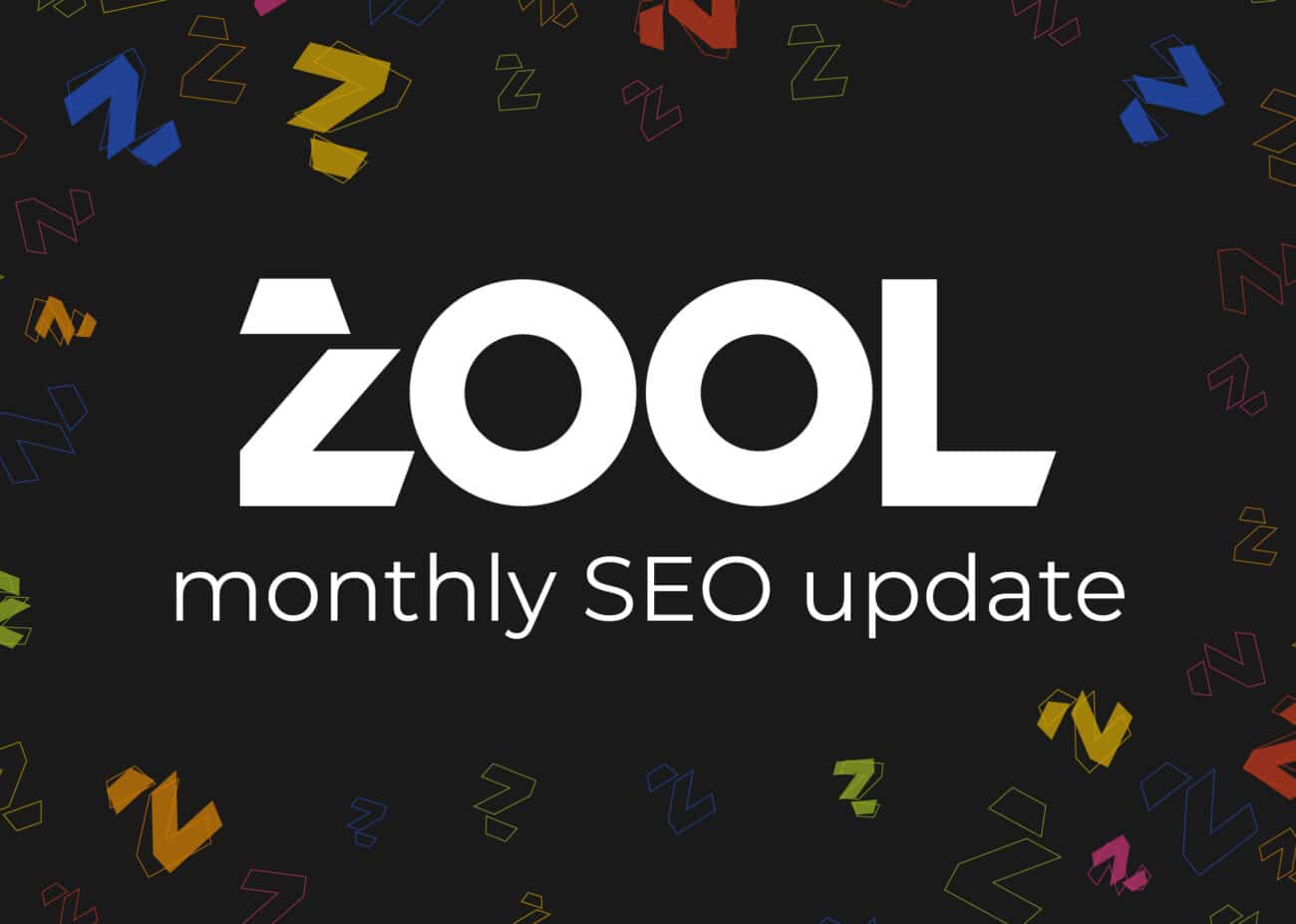Array
Let’s look at what happened in the SEO world this month. Again, there is a lot of AI stuff, which should come as no surprise as the whole digital sphere is consumed with it at the moment, and it will affect SEO.
Google News
- The first piece of news this month is all about AI. Google has now launched a trial of their “Search Generative Experience.” Search will now offer users AI-powered results for their more complex queries. It is still being tested, so users must click “generate” rather than “search” to access it. It has had mixed reviews from the SEO industry mainly because it offers different results than the search we are used to. It also favours e-commerce results. At the moment, it is ad-free, but we have also heard it will contain ads soon.
- There has been a lot of stuff happening in the background at Google regarding Merchant Centre, and their latest announcement is around the enhancement of product images with AI in Google’s Product Studio. This free tool for Google Shopping Merchants allows users to alter the background in their product images. It sounds like a minor change, but it may help smaller businesses compete on a more level stage with more prominent companies, as they can create a point of difference with their product images.
- Google has also now introduced INP to its Core Web Vitals. INP stands for Interaction to Next Paint and will replace the existing First Input Delay (FID) metric from March 2024. Core Web Vitals reports show us how your pages perform based on real-world usage data – a key metric for user experience.
- Google is rolling out the “related topic” filter on desktop search results – currently, it is on mobile only. From an SEO point of view, this gives us more opportunities to compete – not just about trying to rank first for one keyword anymore; now, Google is encouraging searchers to branch out and explore the topic more. It could be that brands decide to specialise more going forward.
- This month’s big news is that Google plans to disable third-party cookies for 1% of Chrome users in 2024. They will replace them with a more privacy-conscious approach which will group users into cohorts based on similar browsing patterns. We will need to keep an eye on this, look into alternative models for advertising, and think about how this might affect business advertising and consumer behaviour.
- This month, Google also confirmed news topic authority’s importance in understanding and using publisher expertise. One of Google’s main aims is to help users to find experts and knowledgable content in their news searches, and it does this by evaluating how notable a source is for a topic or location, its influence and original reporting, and source reputation. They want to assess news websites and publishers to understand their areas of experience to ensure when they are serving search results to users, they are serving topical results from experts in their area. This is where E-E-A-T comes in, and Schema as well.
Bing News
- Massive news for Bing this month – they have become the official default search engine for ChatGPT. Enables responses to search the web, retrieve text and get up-to-date information. It will be rolled out to ChatGPT Plus users first and then enabled for all free users soon.
- This also means that new AI features will come to Bing & Edge, including richer mobile experiences, chat history, voice input and improved translation capabilities. You can now add a Bing widget to your phone’s home screen. SwiftKey also now offers an AI-powered Compose feature.
Social Media
- They have been saying this for a while, but Meta will soon launch a social media platform to rival Twitter (potentially as soon as the end of June). They are describing the platform as “instagram for your thoughts”, and it will be a decentralised app built on the instagram framework.
- Montana has become the first US state to ban TikTok – based on concerns about the app’s connection to the Chinese Government and potential security risks. This could lead to similar bans in other states and signal the end of this social media platform!
SEO & Social News Round-Up for May 2023
Digital SEO / Jun 5, 2023
Let’s look at what happened in the SEO world this month. Again, there is a lot of AI stuff, which should come as no surprise as the whole digital sphere is consumed with it at the moment, and it will affect SEO.
Google News
- The first piece of news this month is all about AI. Google has now launched a trial of their “Search Generative Experience.” Search will now offer users AI-powered results for their more complex queries. It is still being tested, so users must click “generate” rather than “search” to access it. It has had mixed reviews from the SEO industry mainly because it offers different results than the search we are used to. It also favours e-commerce results. At the moment, it is ad-free, but we have also heard it will contain ads soon.
- There has been a lot of stuff happening in the background at Google regarding Merchant Centre, and their latest announcement is around the enhancement of product images with AI in Google’s Product Studio. This free tool for Google Shopping Merchants allows users to alter the background in their product images. It sounds like a minor change, but it may help smaller businesses compete on a more level stage with more prominent companies, as they can create a point of difference with their product images.
- Google has also now introduced INP to its Core Web Vitals. INP stands for Interaction to Next Paint and will replace the existing First Input Delay (FID) metric from March 2024. Core Web Vitals reports show us how your pages perform based on real-world usage data – a key metric for user experience.
- Google is rolling out the “related topic” filter on desktop search results – currently, it is on mobile only. From an SEO point of view, this gives us more opportunities to compete – not just about trying to rank first for one keyword anymore; now, Google is encouraging searchers to branch out and explore the topic more. It could be that brands decide to specialise more going forward.
- This month’s big news is that Google plans to disable third-party cookies for 1% of Chrome users in 2024. They will replace them with a more privacy-conscious approach which will group users into cohorts based on similar browsing patterns. We will need to keep an eye on this, look into alternative models for advertising, and think about how this might affect business advertising and consumer behaviour.
- This month, Google also confirmed news topic authority’s importance in understanding and using publisher expertise. One of Google’s main aims is to help users to find experts and knowledgable content in their news searches, and it does this by evaluating how notable a source is for a topic or location, its influence and original reporting, and source reputation. They want to assess news websites and publishers to understand their areas of experience to ensure when they are serving search results to users, they are serving topical results from experts in their area. This is where E-E-A-T comes in, and Schema as well.
Bing News
- Massive news for Bing this month – they have become the official default search engine for ChatGPT. Enables responses to search the web, retrieve text and get up-to-date information. It will be rolled out to ChatGPT Plus users first and then enabled for all free users soon.
- This also means that new AI features will come to Bing & Edge, including richer mobile experiences, chat history, voice input and improved translation capabilities. You can now add a Bing widget to your phone’s home screen. SwiftKey also now offers an AI-powered Compose feature.
Social Media
- They have been saying this for a while, but Meta will soon launch a social media platform to rival Twitter (potentially as soon as the end of June). They are describing the platform as “instagram for your thoughts”, and it will be a decentralised app built on the instagram framework.
- Montana has become the first US state to ban TikTok – based on concerns about the app’s connection to the Chinese Government and potential security risks. This could lead to similar bans in other states and signal the end of this social media platform!

